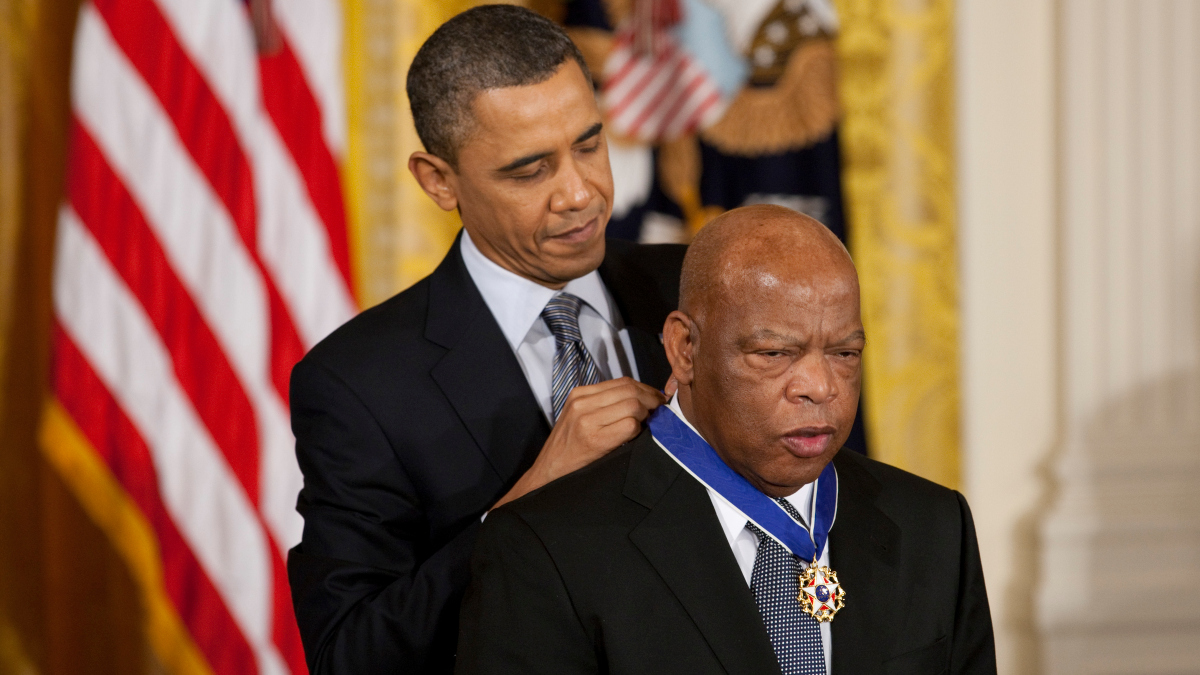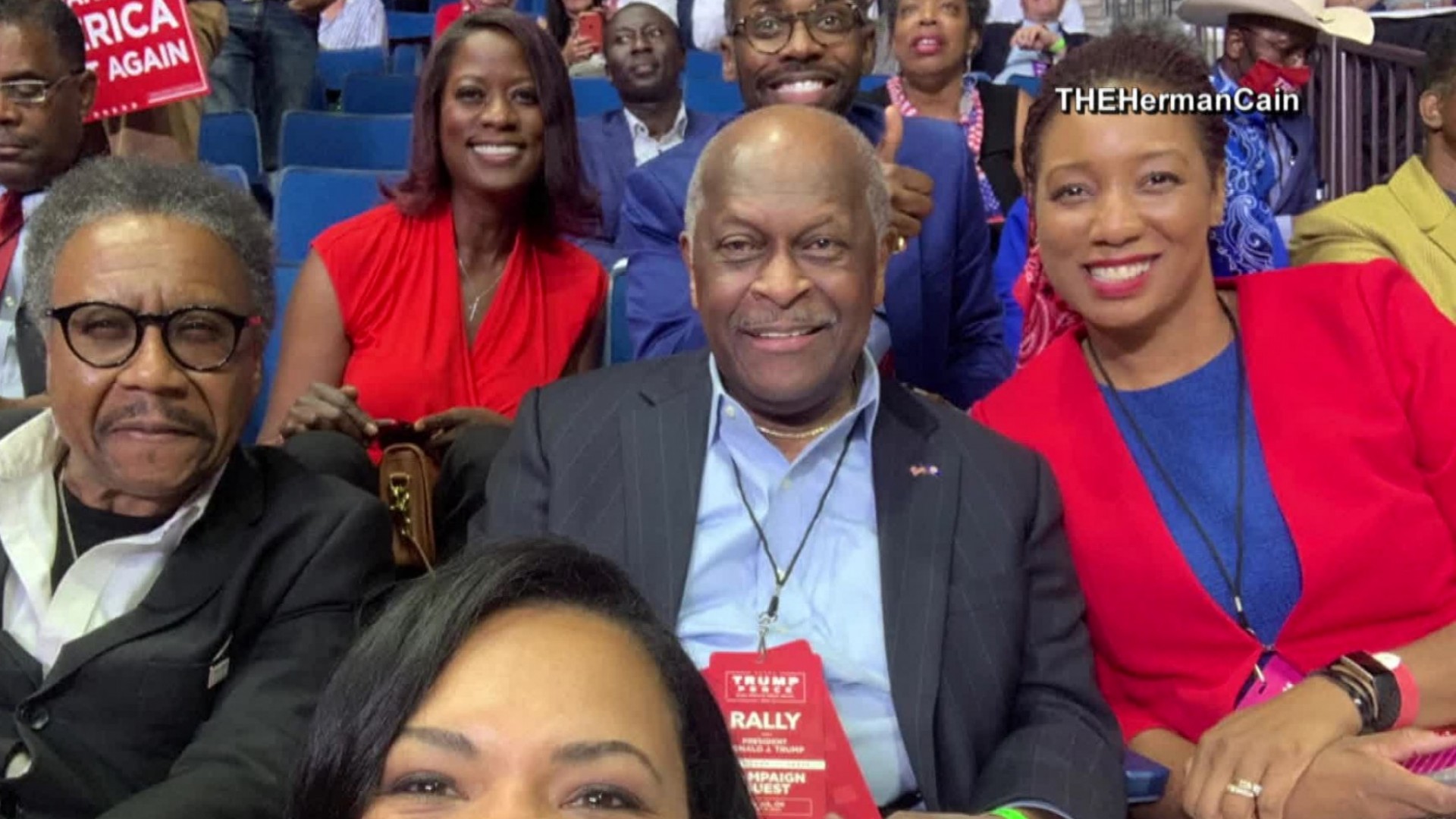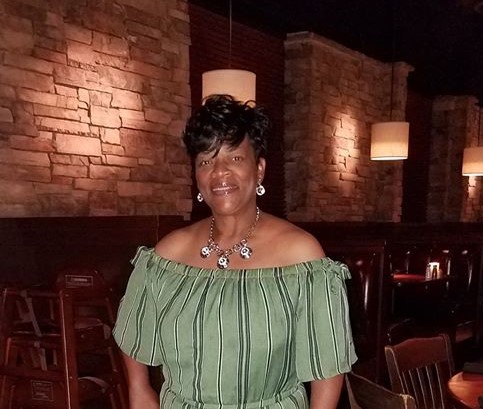
By Grace Segers and Melissa Quinn
Former President Barack Obama delivered a rousing eulogy celebrating Lewis’ life. “He, as much as anyone in our history, brought this country a little bit closer to our highest ideals,” Mr. Obama said.
He addressed the issue that defined Lewis’ legacy, calling on Congress to act on voting rights. “Let’s honor him by revitalizing the law he was willing to die for,” Mr. Obama said, to an ovation at the funeral. He added, “John wouldn’t want us to stop there. Once we pass it, we should keep marching to make it even better,” listing new provisions like automatic registration and making Election Day a national holiday.
Former Presidents Bill Clinton and George W. Bush, too, paid homage to Lewis, who died earlier this month at age 80.
Mr. Bush, the first among the living presidents to pay homage to Lewis, said Americans live in a country that is better today because of the late congressman.
“John Lewis always looked outward, not inward. He always thought of others. He always believed in preaching the gospel, in word and in deed, insisting that hate and fear had to be answered with love and hope,” Mr. Bush said. “John Lewis believed in the Lord. He believed in humanity, and he believed in America.”
Mr. Clinton noted that Lewis “left us with marching orders” in his op-ed in the New York Times, published on the day of his funeral. In the piece, Lewis urged Americans to continue to get into “good trouble.” The former president suggested that Americans honor this request: “Salute, suit up, and march on.”
House Speaker Nancy Pelosi reflected on Lewis’ 33 years in Congress, during which he represented Georgia’s 5th Congressional District, and the lessons he taught the legislative body. “When he spoke, people listened. When he led, people followed. We loved him very much,” Pelosi said. “We wave goodbye to this person, our leader, our friend.”
A memorial service in Troy, Alabama, on Saturday celebrated Lewis’ legacy, before he then made his final trip across the Edmund Pettus Bridge in Selma on Sunday, the same bridge where he was beaten by Alabama state troopers police during the march to Montgomery on March 7, 1965, which became known as “Bloody Sunday.”
Lewis’ casket then traveled to Washington, D.C., where he was commemorated at a service at the U.S. Capitol and was the first Black lawmaker to lie in state in the Capitol Rotunda.
Lewis was the youngest person to speak at the 1963 March on Washington, and was a friend of Martin Luther King Jr. He spoke in June to CBS News about his activism in the 1960s.
“Yes, I was beaten, left bloody and unconscious. But I never became bitter or hostile, never gave up. I believe that somehow and some way if it becomes necessary to use our bodies to help redeem the soul of a nation, then we must do it,” Lewis said.
Lewis’ casket departs Ebenezer Baptist Church as service concludes
A military honor guard carried Lewis’ casket past the pews of political figures, family members and other mourners out of Ebenezer Baptist Church and placed it into an awaiting hearse. Lewis will be buried at South View Cemetery in Atlanta.
Obama: “Let’s honor him by revitalizing the law that he was willing to die for”
In a powerful eulogy, former President Obama commended Lewis’ lifetime of activism and urged Americans to carry on his legacy by demanding new voting rights legislation. He also voiced support for eliminating the filibuster in order to pass these reforms.
“You want to honor John? Let’s honor him by revitalizing the law that he was willing to die for,” Mr. Obama said. He called on Congress to pass reforms including allowing felons to vote, making Election Day a federal holiday and implementing automatic voter registration. He also called the Senate filibuster a “Jim Crow relic,” and called for eliminating it to make voting rights reform easier.
Mr. Obama offered a critique of the injustice he currently sees in the nation, alluding to the death of George Floyd and the treatment of peaceful demonstrators in the protests that ensued.
“Bull Connor may be gone, but today we witness with our own eyes police officers kneeling on the necks of Black Americans,” Mr. Obama said. “George Wallace may be gone, but we can witness our federal government sending agents using tear gas and batons against peaceful demonstrators. We may no longer have to guess the number of jelly beans in a jar in order to cast a ballot, but even as we sit here, there are those in power who are doing their darnedest to discourage people from voting.”
Mr. Obama said that Lewis knew that maintaining “democracy isn’t automatic; it has to be nurtured, it has to be tended to.”
“Like John, we don’t have to choose between protest and politics. It’s not an either/or situation, it’s a both/and situation,” Mr. Obama continued. He excoriated the states that raised obstacles to voting after the Supreme Court weakened the Voting Rights Act, saying it was “not a mystery or an accident” that these states mainly made it difficult for minority Americans to vote.
He also spoke in personal terms about his relationship with Lewis, and described the congressman’s early activism, calling Lewis “perhaps (Martin Luther King Jr.’s) finest disciple.”
“I, like so many Americans, owe a great debt to John Lewis and his forceful vision of freedom,” Mr. Obama, the first Black president, said. He detailed Lewis’ time as a young Freedom Rider working to desegregate buses, praising the courage it took.
“John was only 20 years old, but he pushed all 20 of those years to the center of the table, betting all of it” to challenge the entire infrastructure of society, Mr. Obama said.
He also praised Lewis’ leadership of the Student Nonviolent Coordinating Committee, his speech at the 1963 March on Washington, and his march across the Edmund Pettus Bridge on Bloody Sunday “at the ripe old age of 25.” Lewis was beaten and by state troopers and his skull was fractured that day. In an implicit reference to today’s politics and the recent nationwide protests, Mr. Obama noted how cameras had captured the 1965 march.
“This time, the world saw what happened, bore witness to Black Americans who were asking nothing but to be treated like other Americans,” Mr. Obama said. “When John woke up, and checked himself out of the hospital, he would make sure that the world saw a movement that, in the words of Scripture, was hard-pressed on every side but not crushed.”
Mr. Obama called Lewis’ life an “exception” that showed Americans how to fulfill the promises of its founding.
“It vindicated the faith in our founding, redeemed that faith, that most American of ideas: The idea that any of us, ordinary people without rank or wealth or title or fame, can somehow point out the imperfections of this nation and come together and challenge the status quo,” Mr. Obama said. He added that when the U.S. finally forms a perfect union, Lewis would be considered a founding father of that “fuller, fairer, better America.”
“He was a good and kind and gentle man. And he believed in us. Even when we didn’t believe in ourselves,” Mr. Obama said at the end of his speech. “What a gift John Lewis was. We are all so lucky to have had him walk with us for a while, and show us the way.”









